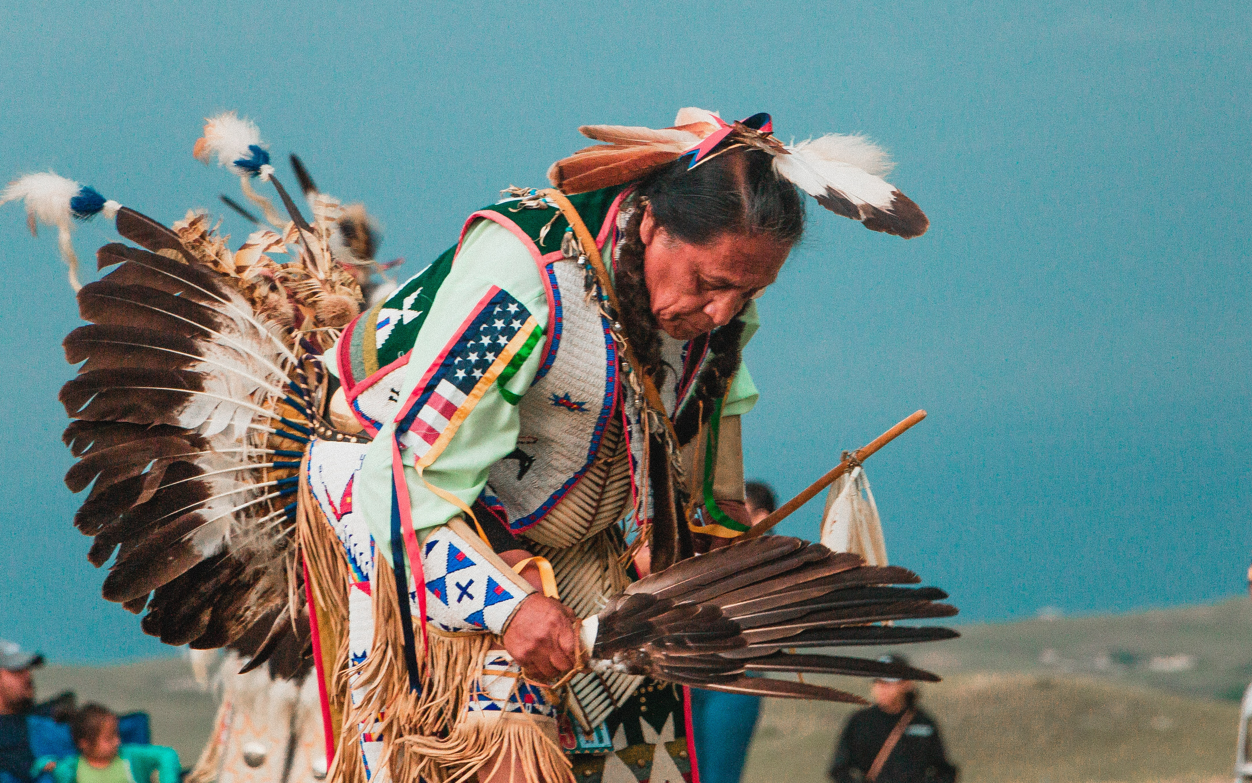“It would put at risk every treaty, every property and political right and every power that Indian nations possess today,” said Robert Miller, a professor of federal Indian law at Arizona State University, tribal court judge and enrolled citizen of the Eastern Shawnee Tribe.
“All of a sudden, lands would be owned by ‘a race of Indian people,’ not a tribal government,” he said. “Your borders, your police laws, everything on the reservation would be in question. I’m not being hyperbolic. I am afraid of this case.”
Robert Miller
Willard H. Pedrick Distinguished Research Scholar Sandra Day O’Connor College of Law at Arizona State University, and Fellow with the Center for Constitutional Design. Professor Miller is the Chief Justice for the Pascua Yaqui Tribe Court of Appeals and an appellate judge for other tribal courts. He has authored and co-authored five books and written dozens of law review articles on Indian Law issues. He is a citizen of the Eastern Shawnee Tribe.
